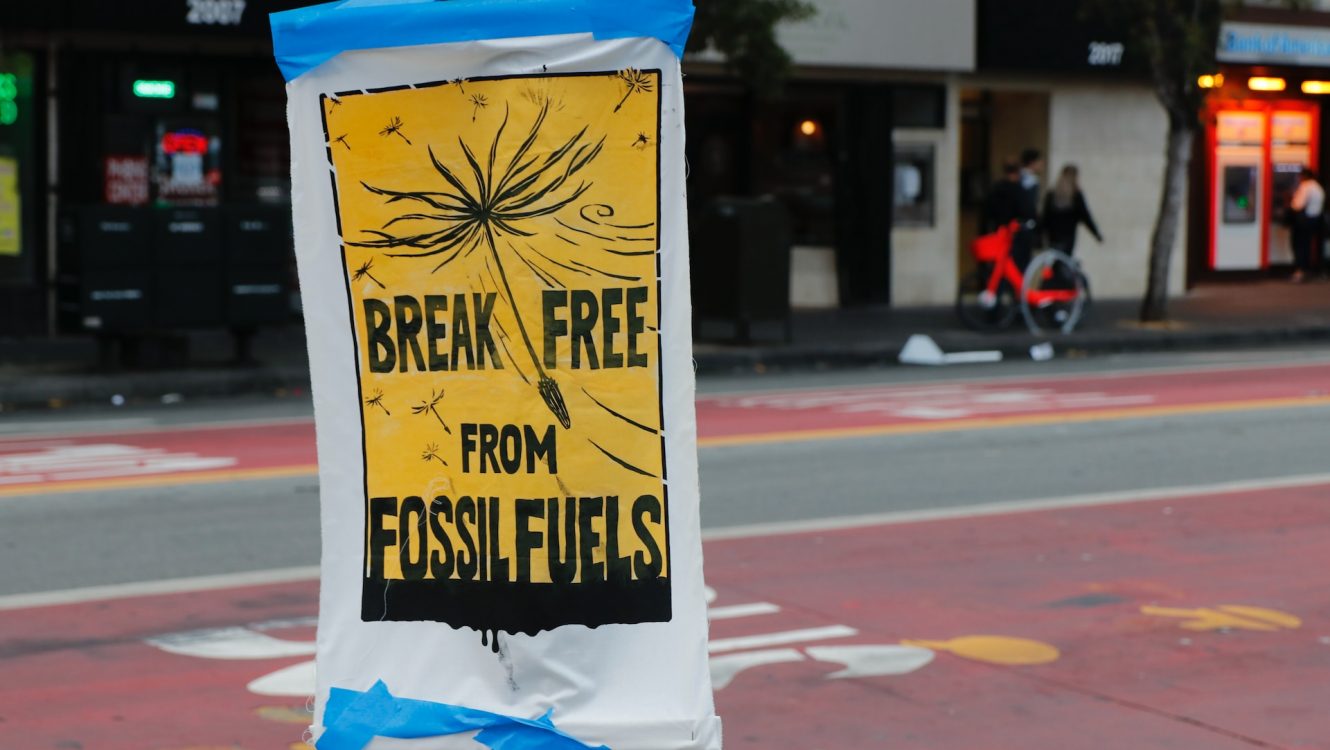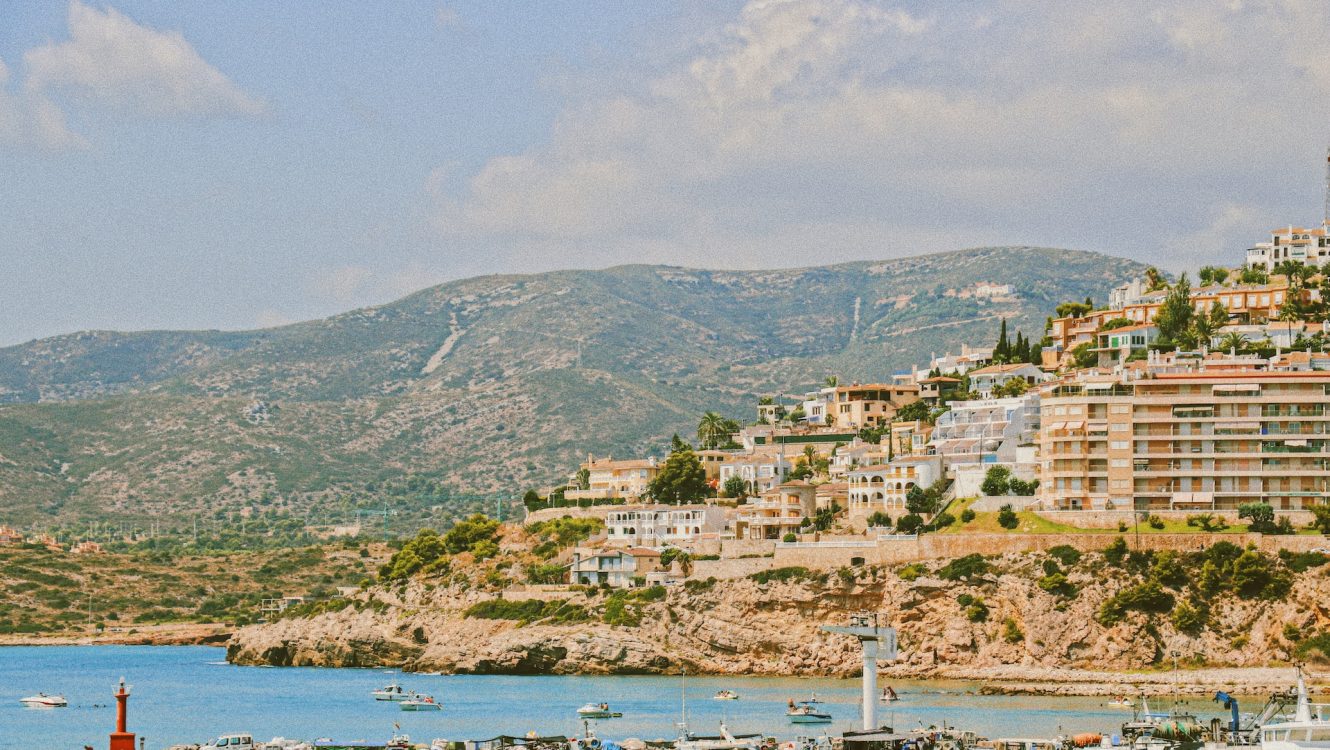Towards a Cleaner Tomorrow: IEA Forecasts Fossil Fuel Demand Peak by 2030 Amidst an 'Unstoppable' Shift to Clean Energy
Towards a Cleaner Tomorrow: IEA Forecasts Fossil Fuel Demand Peak by 2030 Amidst an ‘Unstoppable’ Shift to Clean Energy
The curtain could be closing on the era of fossil fuels sooner than anticipated. According to the International Energy Agency’s (IEA) recent World Energy Outlook, we might see the peak demand for fossil fuels before the decade ends. This major shift is attributed to the rapid and “phenomenal” ascent of clean energy technologies, including solar, wind, electric vehicles, and heat pumps, poised to redefine our energy consumption patterns.
The Clean Energy Revolution
By 2030, a cleaner and greener world seems well within our grasp. Predictions are that solar power could be generating more electricity than the entire existing US system. Moreover, electric cars could potentially outnumber their traditional counterparts tenfold. If this trend continues, renewables could account for half the global energy mix within the decade.

The past few years have already witnessed a remarkable 40% rise in clean energy investments. But, what’s driving this surge? While the urgency to reduce carbon emissions plays a significant role, economic considerations, energy security, and the quest for green jobs are equally compelling factors.
Fatih Birol, the IEA’s Executive Director, confidently proclaimed, “The transition to clean energy is happening worldwide and it’s unstoppable.” He emphasized that the question isn’t about whether this transition will occur, but rather how swiftly it can be executed for the benefit of all.
The Policy Paradox
Yet, despite the rosy outlook, there’s a catch. These optimistic forecasts are primarily based on existing government policies, which often don’t align with countries’ more ambitious stated plans. If nations can fulfill their lofty energy and climate pledges timely and effectively, the shift towards renewable energy might even outpace current projections.
A Call for Stronger Measures
While the imminent peak of fossil fuel demand by 2030 is a positive sign, it’s crucial to note that current consumption levels remain alarmingly high. At these rates, meeting the Paris Agreement targets seems increasingly elusive. The IEA warns that maintaining the status quo might steer us towards a disastrous 2.4°C global temperature increase by the century’s end.

Dr. Birol urges governments, corporations, and investors worldwide to rally behind the clean energy transition. He outlines the vast benefits awaiting us, from new job opportunities and cleaner air to universal energy access and a safer climate. “International cooperation is crucial for accelerating clean energy transitions,” he asserts.
Global Tensions and Energy Security
In an era of heightened geopolitical tensions, particularly in the Middle East, and still recovering from the aftershocks of Russia’s invasion of Ukraine, energy security remains a prime concern. Such events have led to tumultuous energy markets, emphasizing the urgency of a dependable, affordable, and resilient energy supply system.
Dr. Birol challenges the long-held belief in the security of oil and gas as viable future energy sources, labeling these arguments as “weaker and weaker.” The recent IEA report underlines the frailties inherent in our current fossil fuel-dependent system.
In Conclusion
The IEA’s recent revelations present both a promise and a challenge. While the rapid embrace of clean energy heralds a brighter, more sustainable future, it also underscores the need for greater global cooperation and immediate action. It’s a call for nations, industries, and individuals to come together, eschewing short-term gains for long-term global benefits, setting humanity on a course towards a cleaner, safer, and more prosperous future.
©globalgreenhouse.eu











